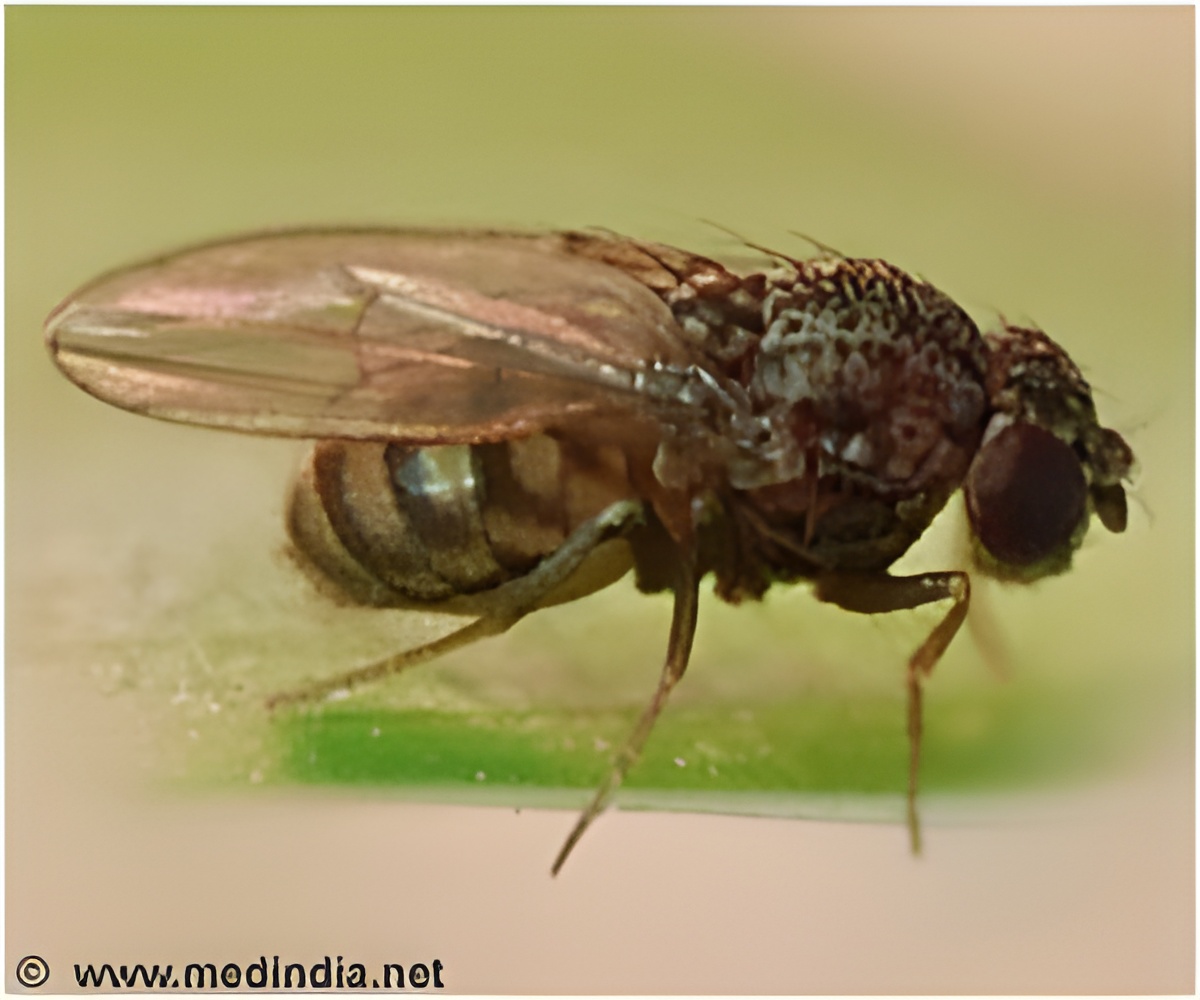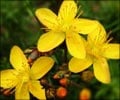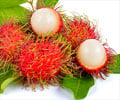
They discovered that Rhodiola works in a manner completely unrelated to dietary restriction and affects different molecular pathways.
This is significant, said Jafari, associate professor of pharmaceutical sciences, because dietary restriction is considered the most robust method of improving lifespan in laboratory animals, and scientists have been scrambling to identify compounds that can mimic its effects.
"We found that Rhodiola actually increases lifespan on top of that of dietary restriction," Jafari said.
"It demonstrates that Rhodiola can act even in individuals who are already long-lived and healthy. This is quite unlike resveratrol, which appears to only act in overfed or unhealthy individuals," he added.
The researchers proved this by putting flies on a calorie-restricted diet. It has been shown that flies live longer when the amount of yeast they consume is decreased. Jafari and Schriner expected that if Rhodiola functioned in the same manner as dietary restriction, it would not work in these flies. But it did. They also tested Rhodiola in flies in which the molecular pathways of dietary restriction had been genetically inactivated. It still worked.
Advertisement
Jafari's group previously had shown that the extract decreased the natural production of reactive oxygen species molecules in the fly mitochondria and protected both flies and cultured human cells against oxidative stress.
Advertisement
Rhodiola has already shown possible health benefits in humans, such as decreasing fatigue, anxiety and depression; boosting mood, memory and stamina; and preventing altitude sickness. Grown in cold climates at high elevations, the herb has been used for centuries by Scandinavians and Russians to reduce stress. It's also thought to have antioxidant properties.
Jafari's research group is currently exploring the plant's potential to kill cancer cells, improve Alzheimer's disease and help stem cells grow.
Source-ANI














